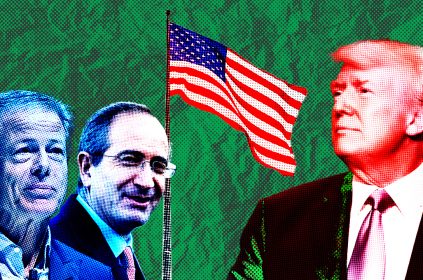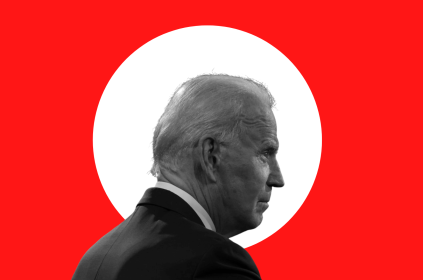Rapper Kanye West will remain on the Iowa ballot as a candidate for president after a state panel on Monday rejected two challenges to his candidacy.
The Iowa Candidate Nomination Objection Panel unanimously rejected one challenge related to signatures on West’s nomination papers and another that noted West was running as a “no-party” candidate but is registered in his home state of Wyoming as a Republican.
The panel is comprised of Republican Secretary of State Paul Pate and Democratic Attorney General Tom Miller and Democratic Iowa Auditor Rob Sand.
On the signature challenge, Becky Miller, of Waterloo, said she found 19 signatures with errors. Miller said she didn’t check all 3,700 signatures but assumed there were more.
In rejecting the challenge, the attorney general said an objection must be specific and put in jeopardy the required number of signatures a candidate must have.
The second objection said West failed to note on his candidacy papers and nomination papers that he is registered as a Republican in Wyoming. A section of Iowa law pertaining to primary elections requires a candidate to identify party affiliation but no such requirement is included in the section on general elections, Miller said.
Miller said Iowa tends to support allowing candidates to qualify for the ballot.
“It’s for important policy and constitutional reasons that we want people to be able to run and we want voters to be able to choose from a large group. That’s been the spirit and impetus we’ve operated under for a while,” he said.
Besides West, eight others will appear on the ballot. They include Republican, Democratic, Alliance, Constitution, Genealogy, Green, and Libertarian candidates, as well as another no party candidate.
West supported Donald Trump for reelection until announcing his own presidential bid in July.
Democrats claim Republicans are pushing West’s candidacy in swing states to siphon Black votes from Democratic presidential candidate Joe Biden.
Other states where West is on the ballot include Arkansas, Colorado, Oklahoma, Utah and Vermont.
David Pitt, The Associated Press














